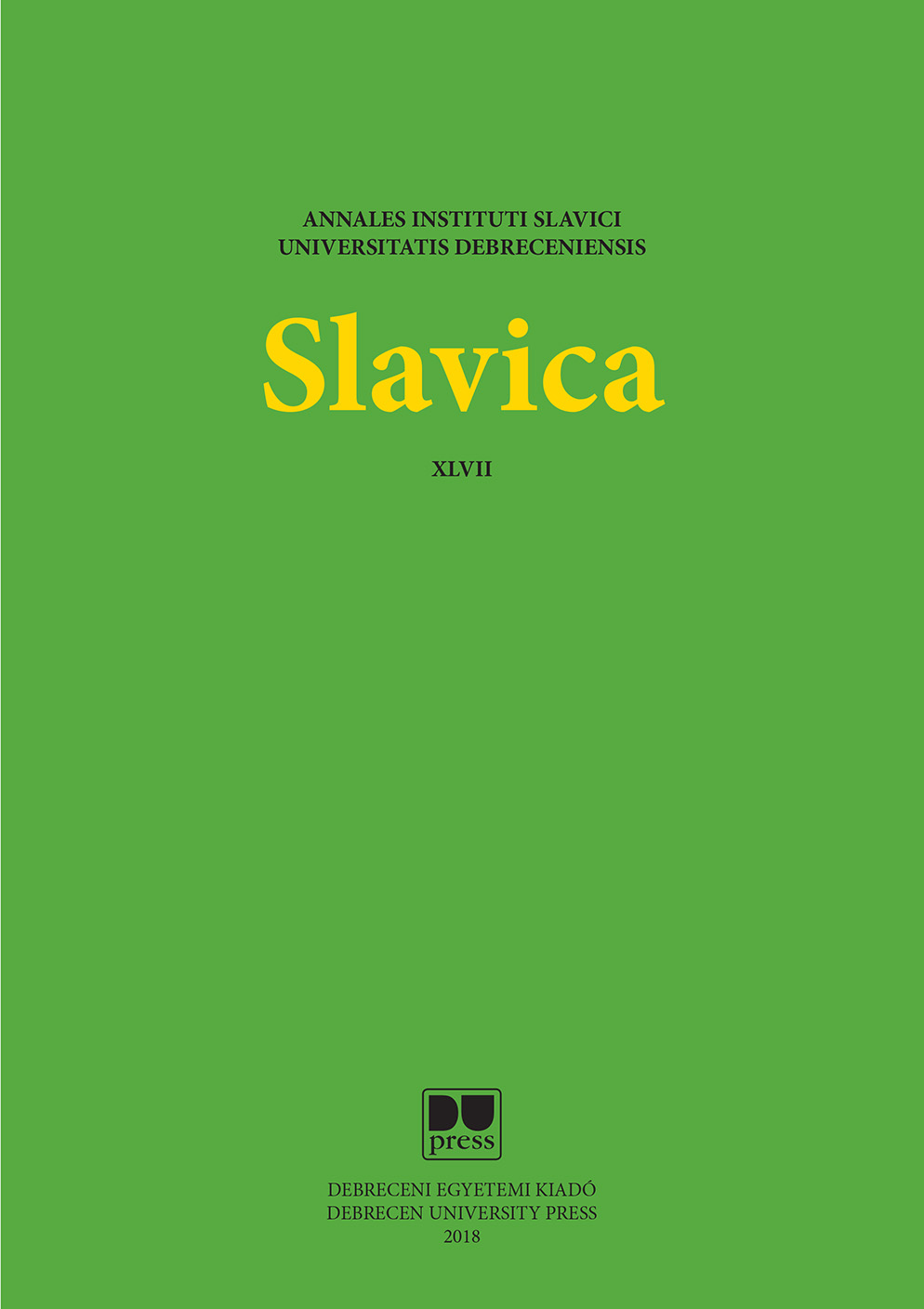Cultural Policy of Russia and Hungary: Modern Discourse and New Actors
Authors
View
Keywords
License

This work is licensed under a Creative Commons Attribution-NonCommercial 4.0 International License.
This is an open access article distributed under the terms of the Creative Commons Attribution License (CC BY-NC 4.0), which permits unrestricted use, distribution, and reproduction in any medium, provided the original author and source are credited.
How To Cite
Abstract
The authors of the article argue that contemporary cultural policy discourse is in the focus
of attention of scientific communities, social and political organizations and government institutions.
It represents a sort of symbolic struggle and nominations and has necessitated a
new approach to cultural policy structuring. The article shows that this necessity is demonstrated
by the development of cooperation between Russia and Hungary in terms of cultural
sectors and cultural heritage. Expert communities and non-governmental organizations are
becoming significant elements in the structure of cultural policy subjects. The association
“For Hungarian-Russian cooperation named after Leo Tolstoy” has become such a key issue.
The authors of this article attempt to highlight the most essential contemporary issues in
the sphere of cultural policy in general and in relation of two separate countries – Russia and
Hungary – through the scientific project “Hygiene of culture”.

 https://doi.org/10.31034/047.2018.11
https://doi.org/10.31034/047.2018.11